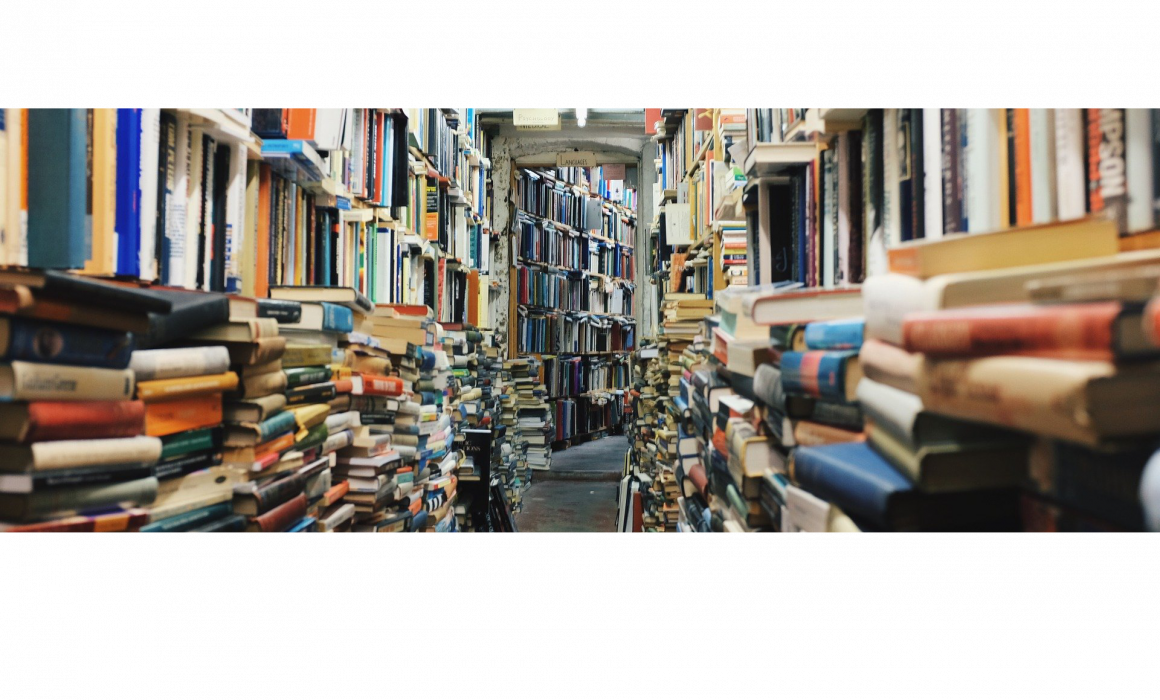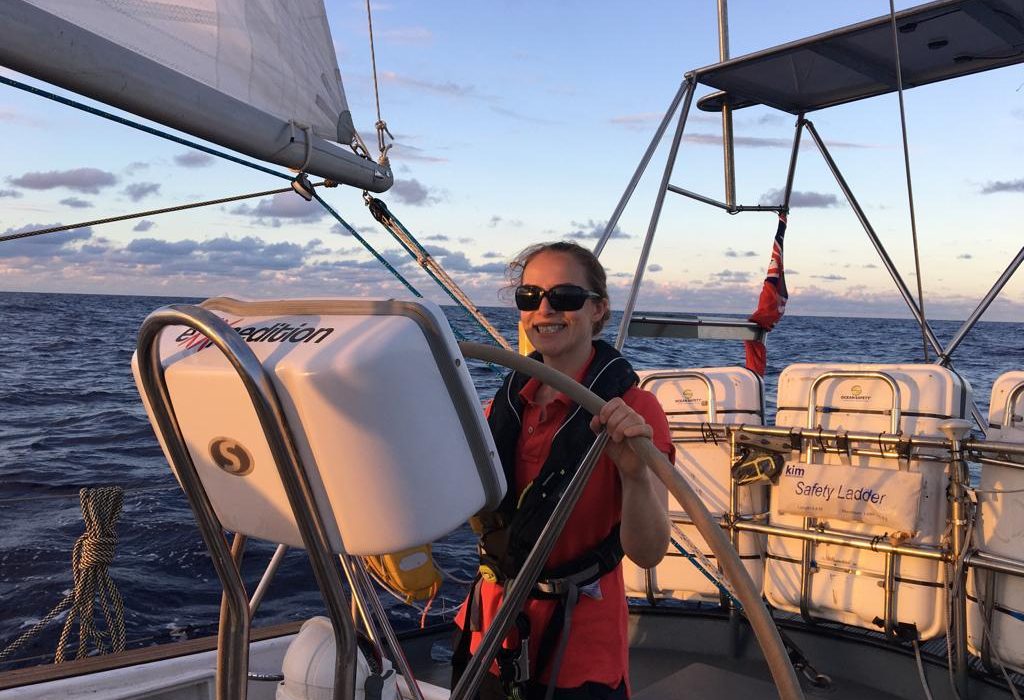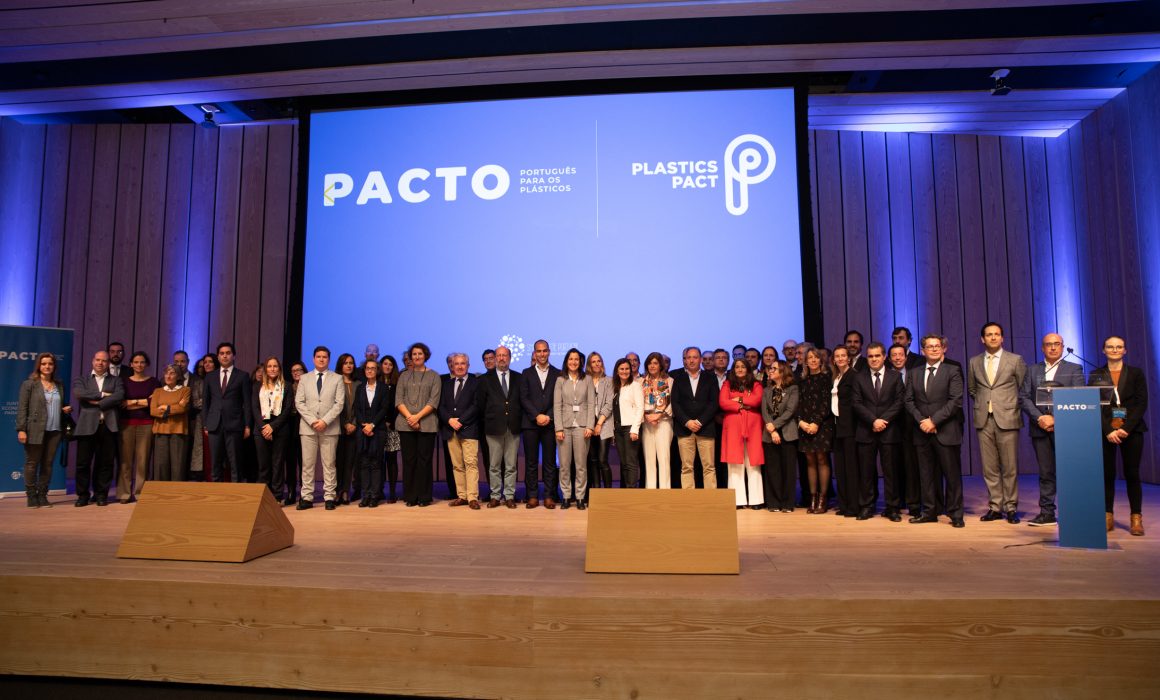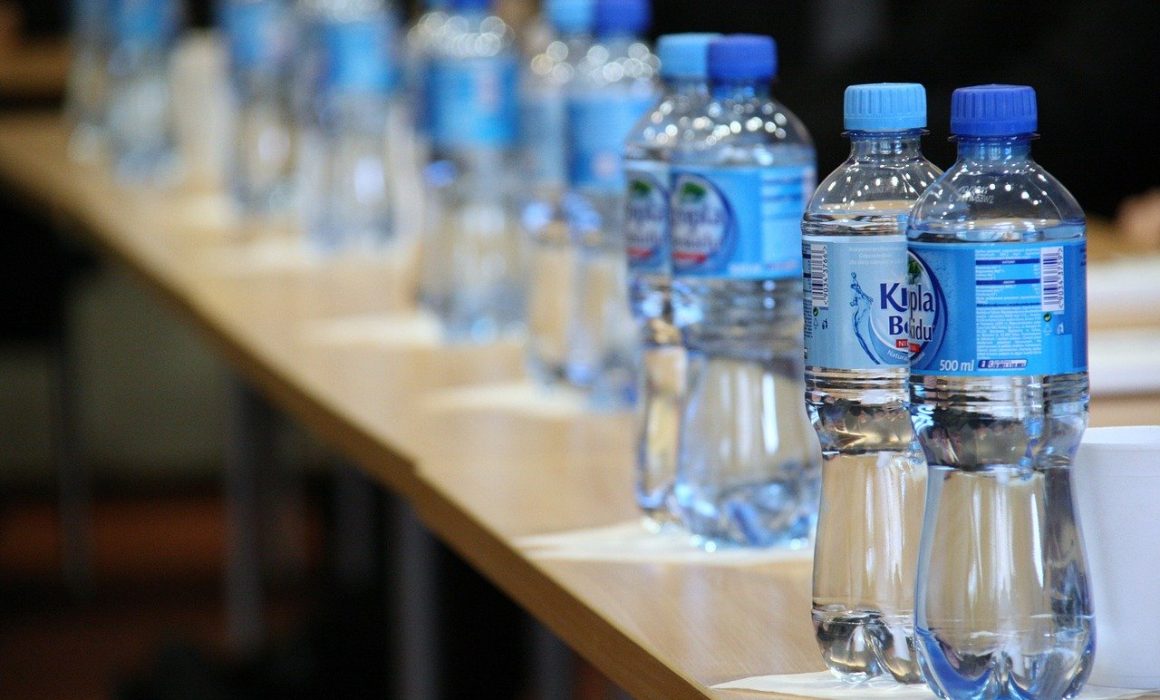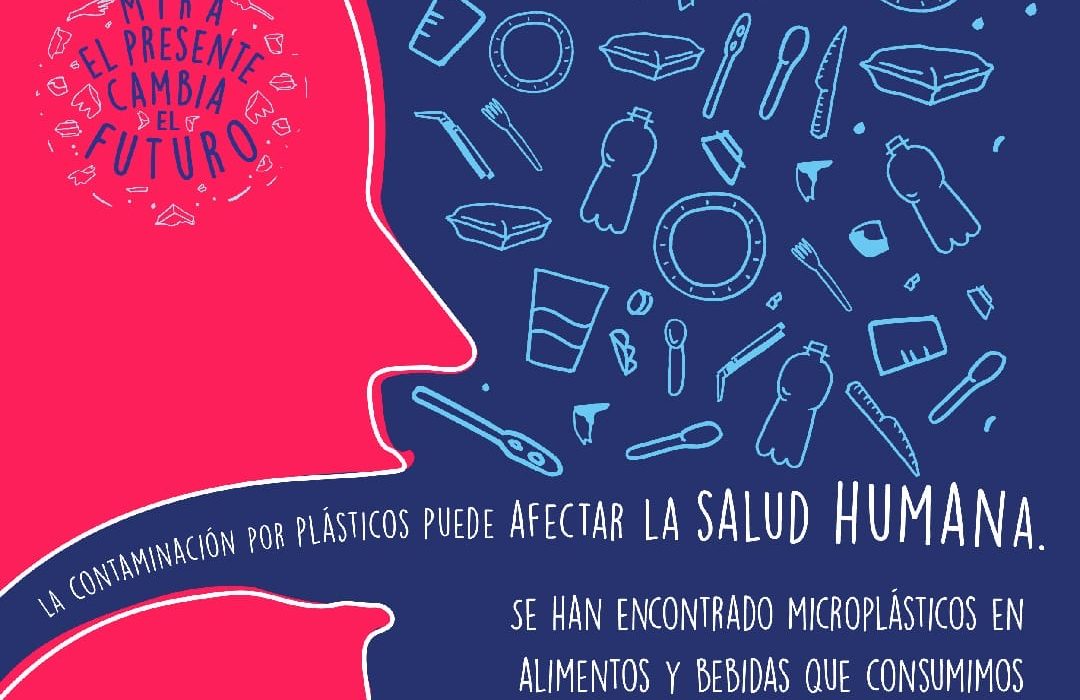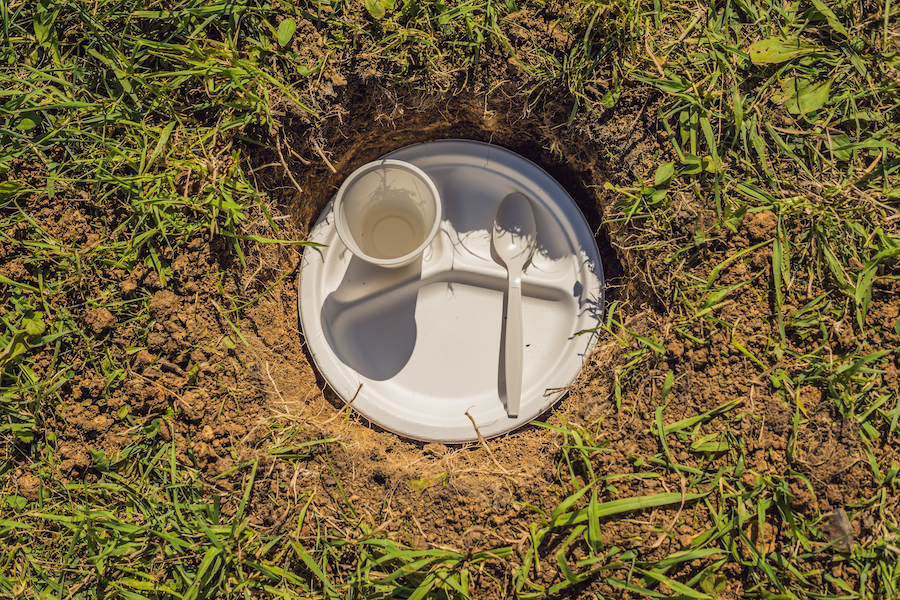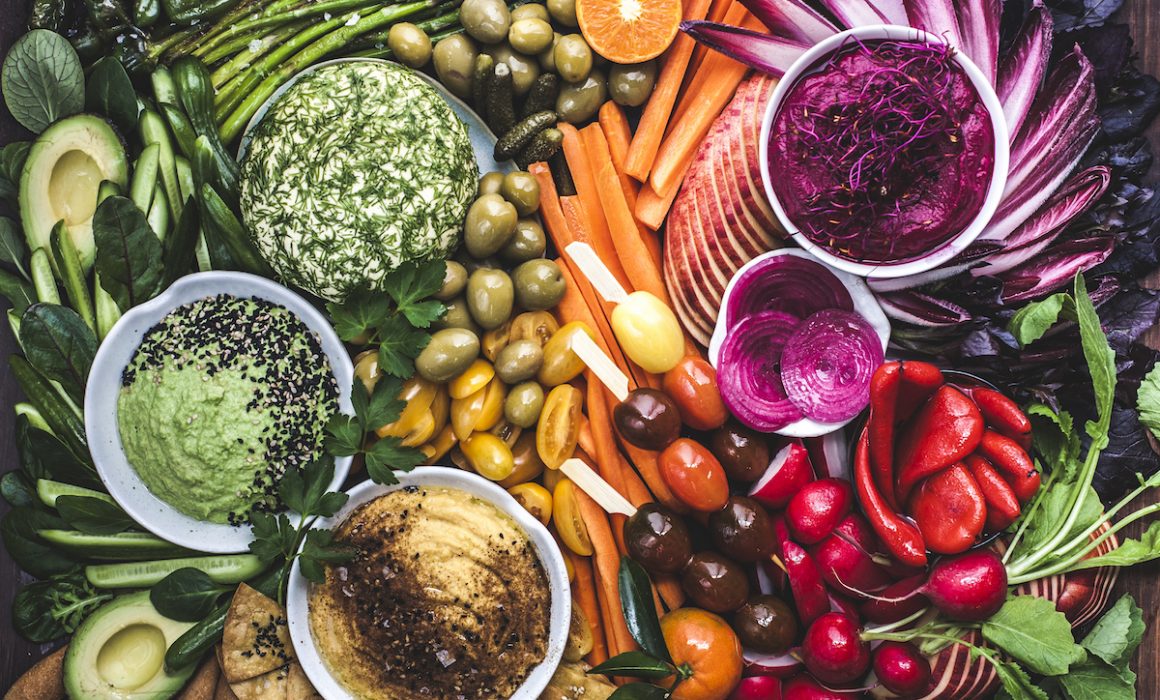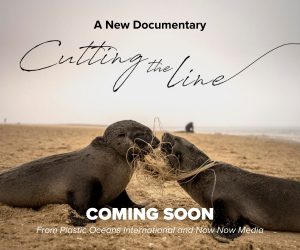Quarantine Hacks
Tips for Reducing Your Plastic Footprint
Greetings from my quarantine to yours! I hope you are staying well and safe whenever possible. I wanted to pop in and say “hi” since my social interactions these days are at an all-time low (for good reason) and I’ve found myself talking to inanimate objects. Nothing to be too concerned about, although my dresser and I are still not on speaking terms…


